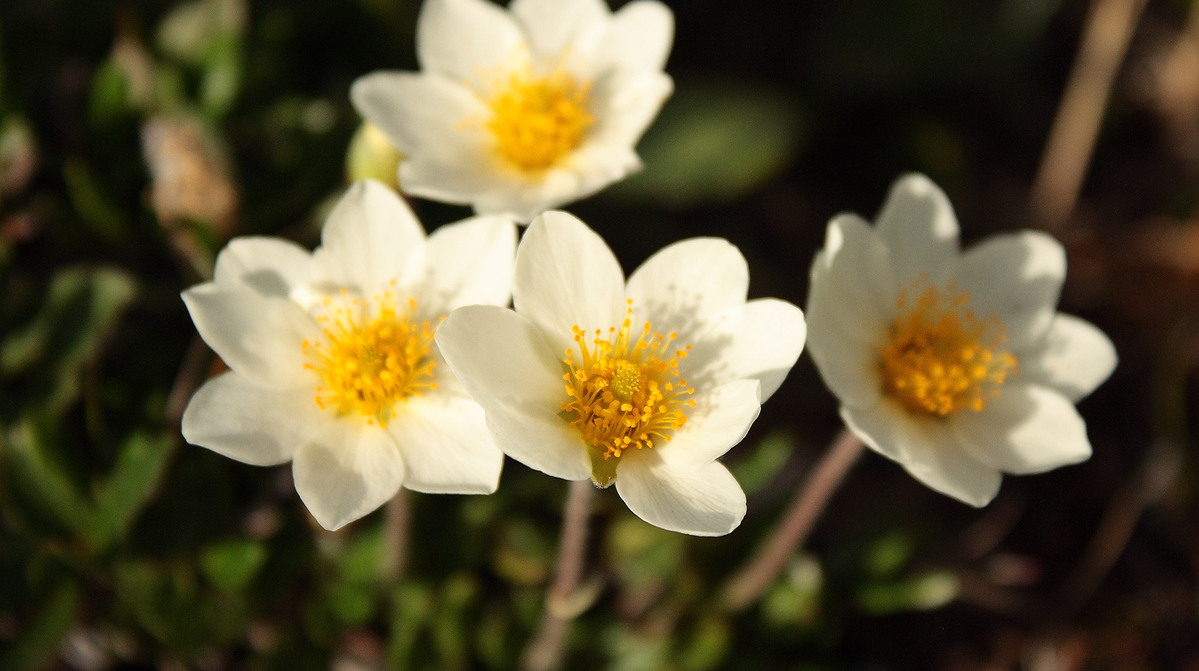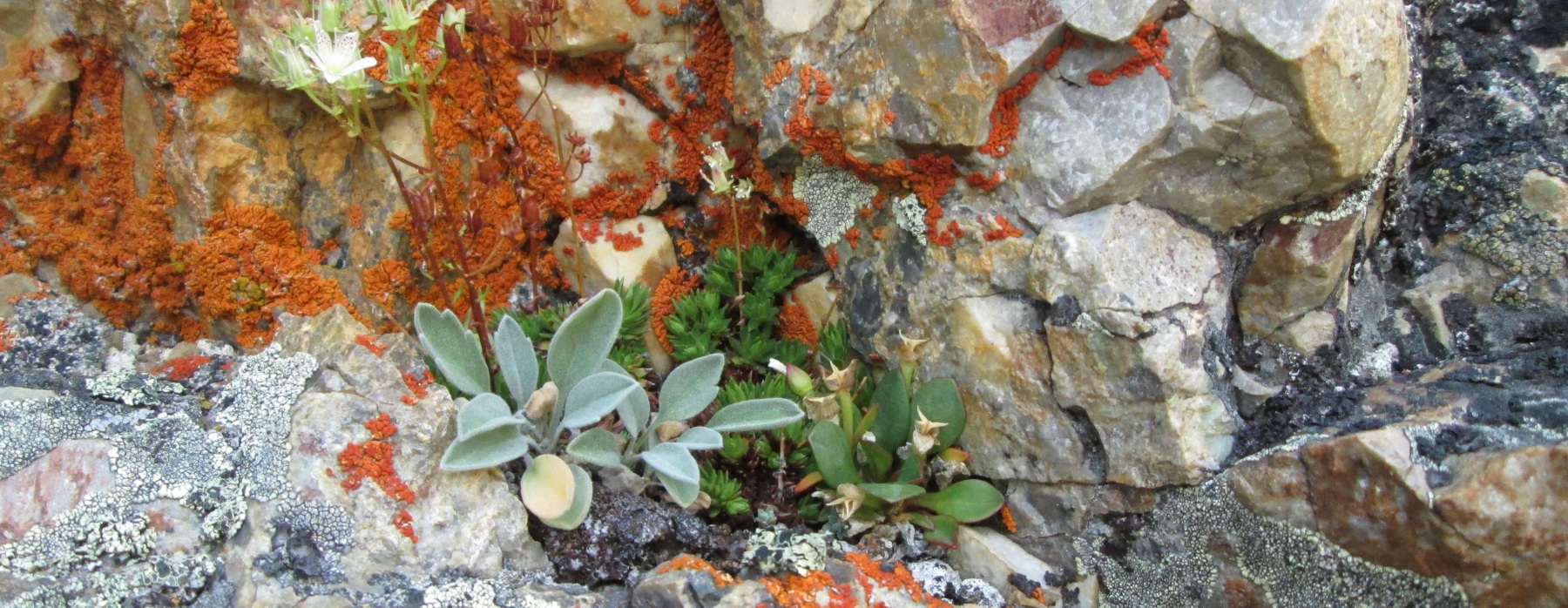
Management Team
Our Management Team
Our operations are overseen by our executive director, centre directors, and program manager.
The management team provides quarterly reports to the Board on our activities.

Jim Herbers
Executive Director
Executive Office
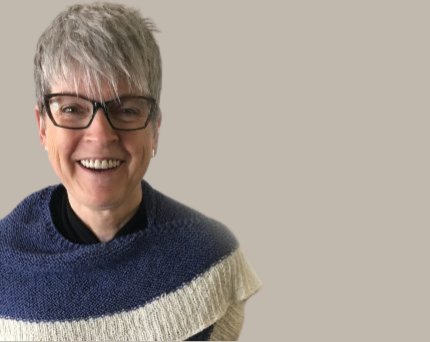
Colleen Scott
Program Manager
Executive Office
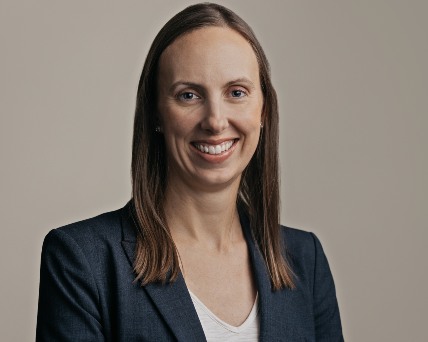
Dr. Cynthia McClain
Director
Geospatial Centre
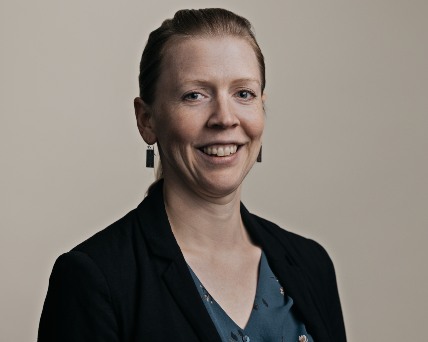
Corrina Copp
Director
Information Centre

Monica Kohler
Director
Operations Centre

Dr. Tyler Cobb
Director
Processing Centre
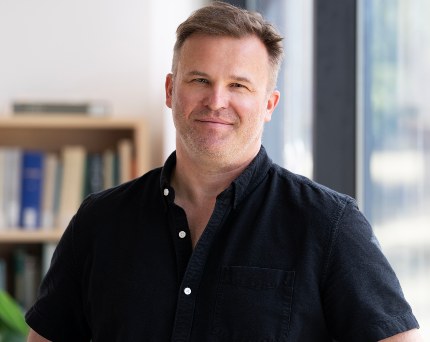
Dr. Erin Bayne
Professor (University of Alberta), Director (Bioacoustic Unit), Co-Director
Science Centre

Dr. David Roberts
Co-Director
Science Centre
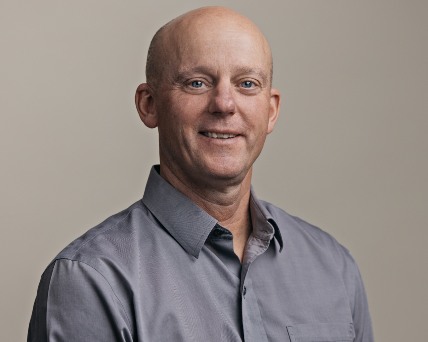
Colin Twitchell
Director
Monitoring Centre
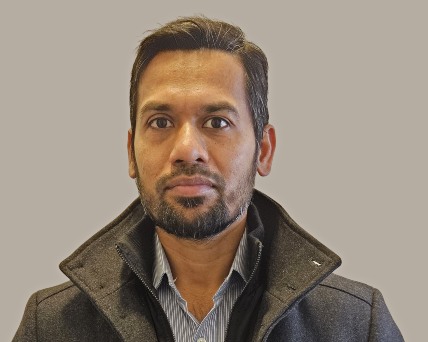
Dr. Mir Mustafizur Rahman
Director
Imaging Centre
